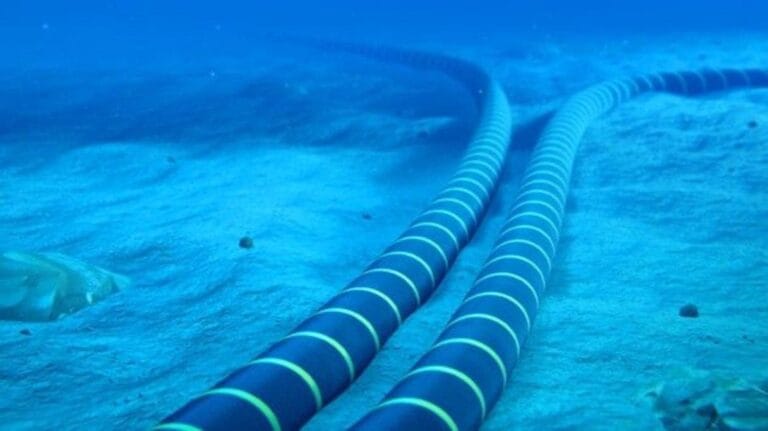The British government has decided: it will not guarantee the electricity buyback prices for the Xlinks project, a mega project for electrical interconnection between Morocco and the United Kingdom. This refusal, revealed by Sky News, calls into question the commercial viability of the project, which aimed to transport over 10 GW of green electricity over nearly 4,000 kilometers via an underwater cable.
London turns away from imported energy
According to the British channel, Ed Miliband, Secretary of State for Energy Security, has decided not to enter into formal negotiations regarding the Contract for Difference (CfD) requested by Xlinks. This mechanism, essential to the project’s economic model, was supposed to ensure a fixed price for 25 years for electricity produced in the Guelmim-Oued Noun region, in southern Morocco.
The government now prefers to focus on locally produced energy, to the detriment of promising import projects. Xlinks, for its part, offered electricity at a competitive cost, about half that of the new generation of British nuclear power plants.
A major blow to green energy ambitions
This announcement comes after a request for suspension of the administrative procedure last May. Xlinks had then requested a pause in the processing of its Development Consent Order (DCO), conditioning the continuation of the project on a clear response regarding the CfD.
In its letter, the company mentioned “exceptional circumstances” and hoped for a quick clarification of the government’s position. The official refusal from London buries this perspective.
What are the prospects for Xlinks?
The Xlinks project, which generated significant international interest, particularly due to its partnerships with Octopus Energy and Abu Dhabi National Energy Company (TAQA), will now have to seek other commercial solutions, or even reassess its strategic positioning.
While the idea of an electrical cable connecting the two shores of the Mediterranean remains technologically appealing, the withdrawal of British support undermines the project’s financial model. This is a major setback for an initiative aimed at making Morocco a hub for exporting renewable energies to Europe.
With Le360


